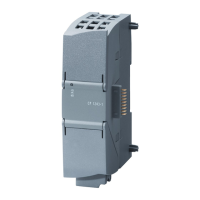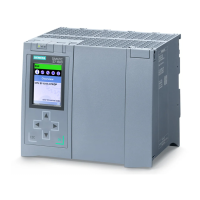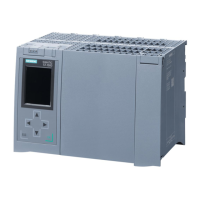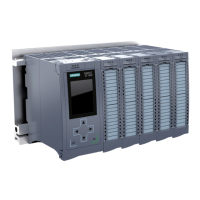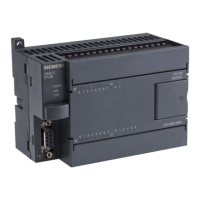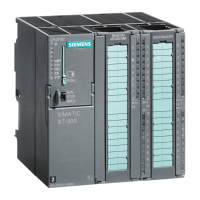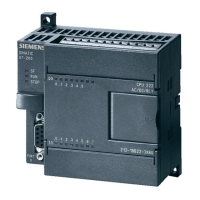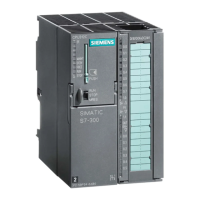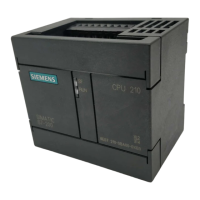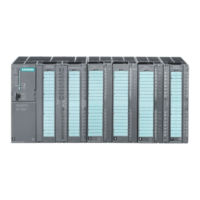Technology instructions
10.3 Motion control
S7-1200 Programmable controller
System Manual, V4.2, 09/2016, A5E02486680-AK
681
Overflow MC-Servo (OB 91)
The selected application cycle must be long enough to allow all the technology objects for
motion control to be processed in one cycle. If the application cycle is not observed,
overflows occur.
The CPU does not go into STOP at overflow of the MC-Servo (OB 91). (The TIA Portal
online help statement concerning STOP at overflow of the MC-Servo (OB 91) is incorrect.)
If necessary, you can set the CPU to STOP at overflow of the MC-Servo (OB 91) using a
time-error OB (OB 80).
Process image partition OB Servo PIP
For optimal control of all I/O modules (for example, hardware limit switches) used by motion
control, assign them to the process image partition "OB Servo PIP". The assignment causes
the I/O modules to be processed simultaneously with the technology object.
When motion control uses a high-speed counter (HSC), motion control automatically assigns
the HSC to the process image partition "OB Servo PIP".
Speed controlled operation
With speed controlled operation, you can move a positioning axis with "speed controlled".
Using the MC_Power instruction, you can enable the axis. With the MC_MoveVelocity and
MC_MoveJog instructions, you can move the axis with velocity setpoints. You can move the
axis in spite of a sensor error even if no valid actual values are available. "Speed controlled"
mode sets the following conditions:
● Disables the positioning controller of the axis
● Sets velocity setpoints to the drive directly
● Sets the axis position setpoint to zero
● Updates the actual position of the axis in case of valid sensor values
● Does not define the following error and controller error and sets them to zero
You can activate and deactivate the "speed controlled" mode with the following three
instructions and these parameters:
● MC_Power.StartMode (Int)
● MC_MoveVelocity.PositionControlled (Bool)
● MC_MoveJog.PositionControlled (Bool)
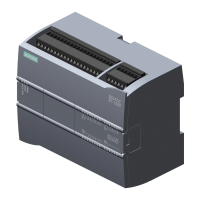
